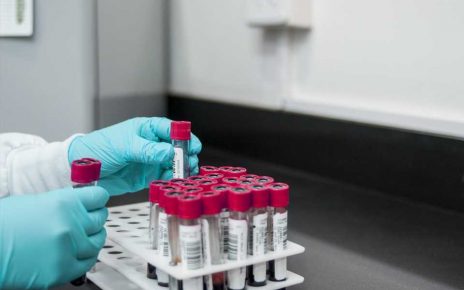
SATURDAY, June 30, 2018 — During the summer when people trade in their jackets and jeans for flip flops and bathing suits, more skin is exposed to the sun’s harmful UV rays.
Dr. Katherine Gordon, assistant professor of dermatology at UT Southwestern Medical Center in Dallas, said summer is the perfect time for people to get in the habit of checking their skin for signs of cancer.
“We recommend that everyone get in the habit of checking for signs of skin cancer at regular intervals year-round, though understandably people are more likely to be thinking about skin cancer in the hot summer months,” Gordon said in a medical center news release.
“You’ll want to check your skin from head to toe, including areas like the scalp and between your toes, so it’s helpful to have a partner to help you,” she added.
When performing a skin cancer self-exam, however, it’s important for people to be able to spot signs of trouble. Gordon advised people to check for the following:
- Moles that are changing, have irregular shapes or uneven edges.
- Moles that are multi-colored, such as brown, tan and black.
- Moles that are raised.
- Moles that are large, or have a diameter larger than the size of a pencil eraser.
- Scales, itchiness, tenderness or pain around a mole.
- A sore that does not heal or recurs.
- Brown or black streaks under a nail.
Older people and those with light-colored skin are at greater risk for skin cancer, but anyone can develop the disease.
Gordon noted that men are more likely to develop melanoma, which is the deadliest form of skin cancer. Black people are also more likely to develop skin cancer in places that usually don’t get much sun exposure, such as the palms of the hands and soles of the feet, inside the mouth and under the nails.
“While the five-year survival rate for skin cancer that has metastasized is low, if melanoma is caught before it has spread to the lymph nodes, the survival rate is 99 percent,” Gordon said. “So I urge everyone to inspect their skin thoroughly this summer.”
More information
The American Cancer Society has more on skin cancer self-exams.
Posted: June 2018
Source: Read Full Article



